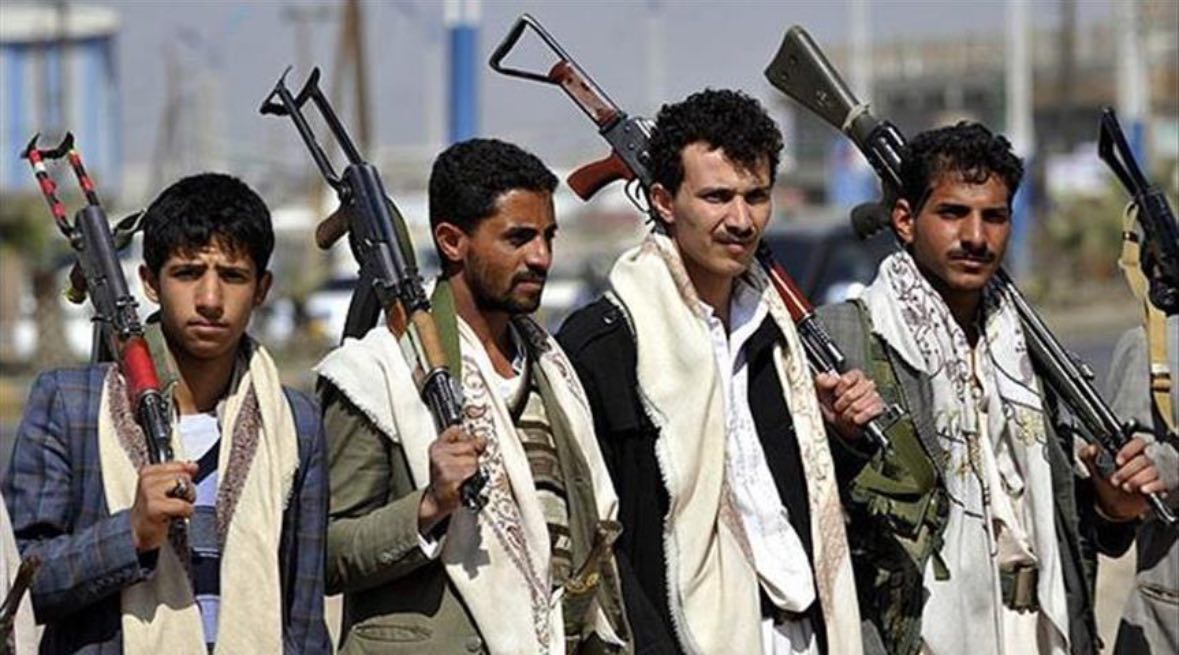Are the Houthis turning the Red Sea into a sea of blood?
Are the Houthis turning the Red Sea into a sea of blood? The Iran-backed Houthis continue to attack ships in the Red Sea. This militant group, in response to attacks by the U.S. and its allies against them, has announced that it will expand its attacks to ships from more countries.
Colonel Hama Saeed, Director of the Middle East Program at the United States Institute of Peace in Washington, says that the Ansar Allah group, or what Western media refer to as the Houthis, have used the opportunity created by the Gaza war to attack ships passing through the Red Sea as a major trade route. They claim to attack ships going to Israel or Israeli ships, but at the same time, we have seen them attack U.S. military ships or ships from other countries, either deliberately or by mistake.
This has caused major disruption in the free flow of trade goods and navigation in an important sea route. The Houthis have claimed that they are doing this in solidarity with the Palestinians in Gaza following the October 7th attack by the extremist group Hamas inside Israel. The U.S. and the European Union consider Hamas a terrorist group.
Regarding the effects of Houthi attacks on American and British ships, he believes that initially, they claimed to attack ships belonging to Israel and ships going to Israel, but I think that the information and data challenge this statement. After an attack led by the U.S. and the formation of the Operation Sentinel coalition, the Houthis have announced that they will expand their attacks to ships from other countries.
For example, they now claim that they see American ships as legitimate targets regardless of their nature and destination. The Houthis have been growing in Yemen’s political and power structure and gradually challenged Saudi Arabia, presenting themselves more as an enemy to regional powers like Saudi Arabia and the United Arab Emirates. Now they are using this opportunity to respond to the Gaza war to introduce themselves more on the international stage and elevate their status. This is also an opportunity for them to achieve their political goals.
Colonel Hama Saeed also says about Iran’s support for the Houthis that Iran denies involvement in what the Houthis or Iran-backed groups in Iraq and Lebanon are doing, but I don’t think those who monitor the region and know Iran and these armed groups believe this denial. The Houthis are active and trained, and U.S. and other allies’ reports confirm the delivery of weapons to the Houthis. The Houthis themselves have not denied receiving support from Iran in the past.
Therefore, the path and trajectory of the Houthis to reach where they are today is a project supported by Iran to bring the Houthis’ capabilities to attack the Red Sea to this point. This capability is not a result of today and has been forming over the past few years. Therefore, in this regard, Iran has helped in this increase in power. Moreover, there is a belief that Iran has played a role in providing information and specific targeting capabilities and identifying the ships the Houthis have been looking for. Therefore, it is hard to believe that Iran did not play this role, directly or indirectly.
Regarding the future of the Red Sea, he told the media that I think it should be looked at on two levels. These complex networks of action and reaction that we have witnessed each have their own complexities. The Israel-Palestinian conflict, conflicts in Yemen, Iraq, Syria, Lebanon, and the conflicts involving Iran and the region each have their own complexities. Now, in the aftermath of the attack on Gaza, the complexities of these conflicts have become intertwined throughout the region.
Regarding Yemen, the Houthis have threatened to expand their attacks to ships from more countries in the Red Sea. This will have severe effects on global trade. The Houthis may attack U.S. interests in neighboring countries, as they have done in the past. They have previously carried out attacks in Saudi Arabia and the United Arab Emirates. They have the capability to do this, and this scenario could complicate matters further.
The inclusion of the Houthis on the list of foreign terrorist groups will complicate matters for Yemenis inside Yemen. In Iraq, there is increasing pressure for the withdrawal of those American forces that advise Iraqi security forces inside Iraqi bases.
The withdrawal of American forces could jeopardize the mission to combat ISIS both in Iraq and Syria. Finally, Colonel Hama Saeed believes that the appropriate solution to the crisis is managing the groups involved in this crisis and preventing the expansion of conflicts, with the hope that ongoing efforts to stop the war in Gaza can help the region.
This could help maintain the ceasefire between Saudi Arabia and the Houthis, the same process that was bringing Yemen closer to peace before the October 7th attack. Managing the Gaza war crisis can be achieved by looking at some of the positive past trends in the region, including the fight against ISIS and reducing conflicts in Yemen. These are developments that are important to consider.

